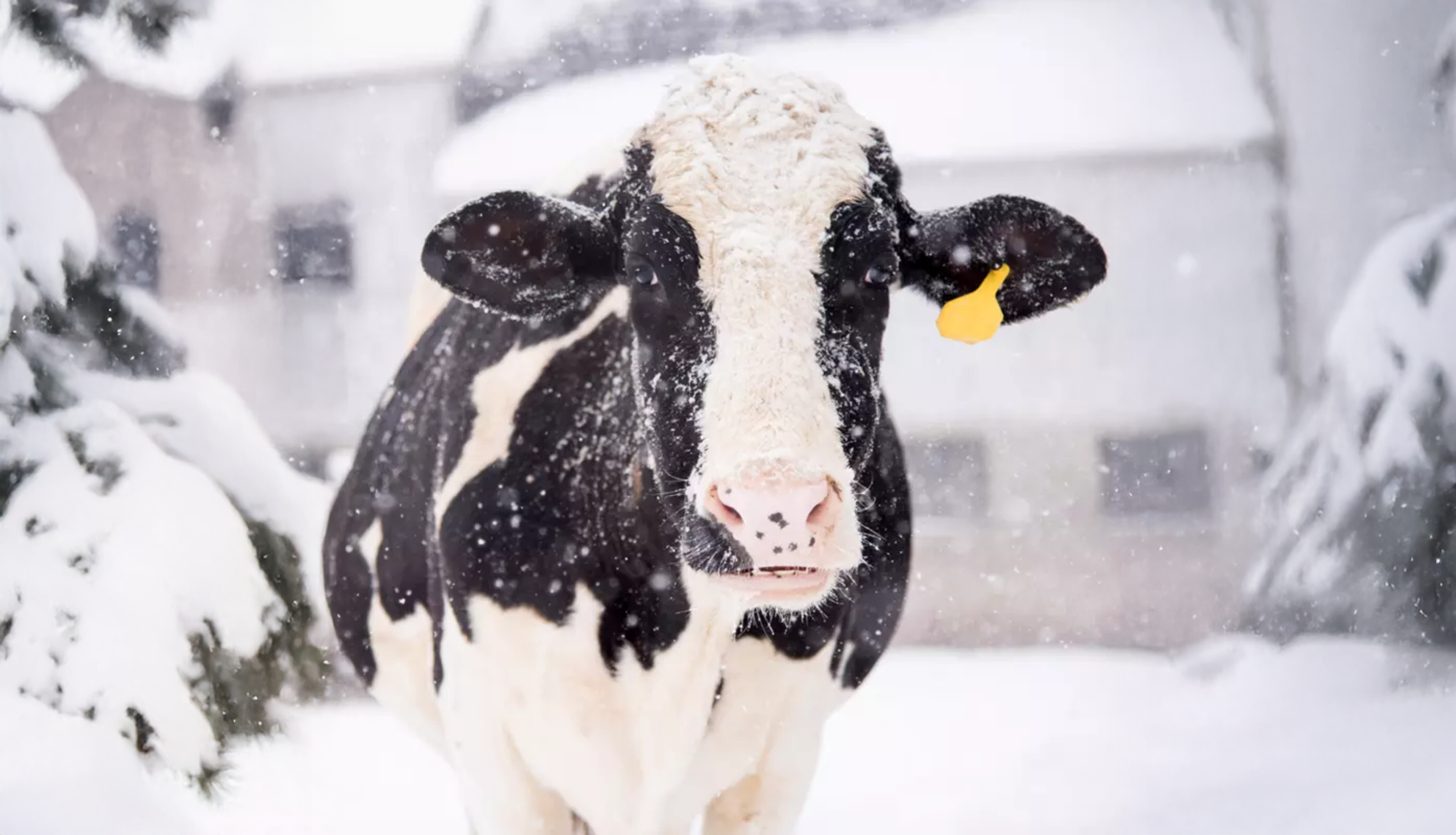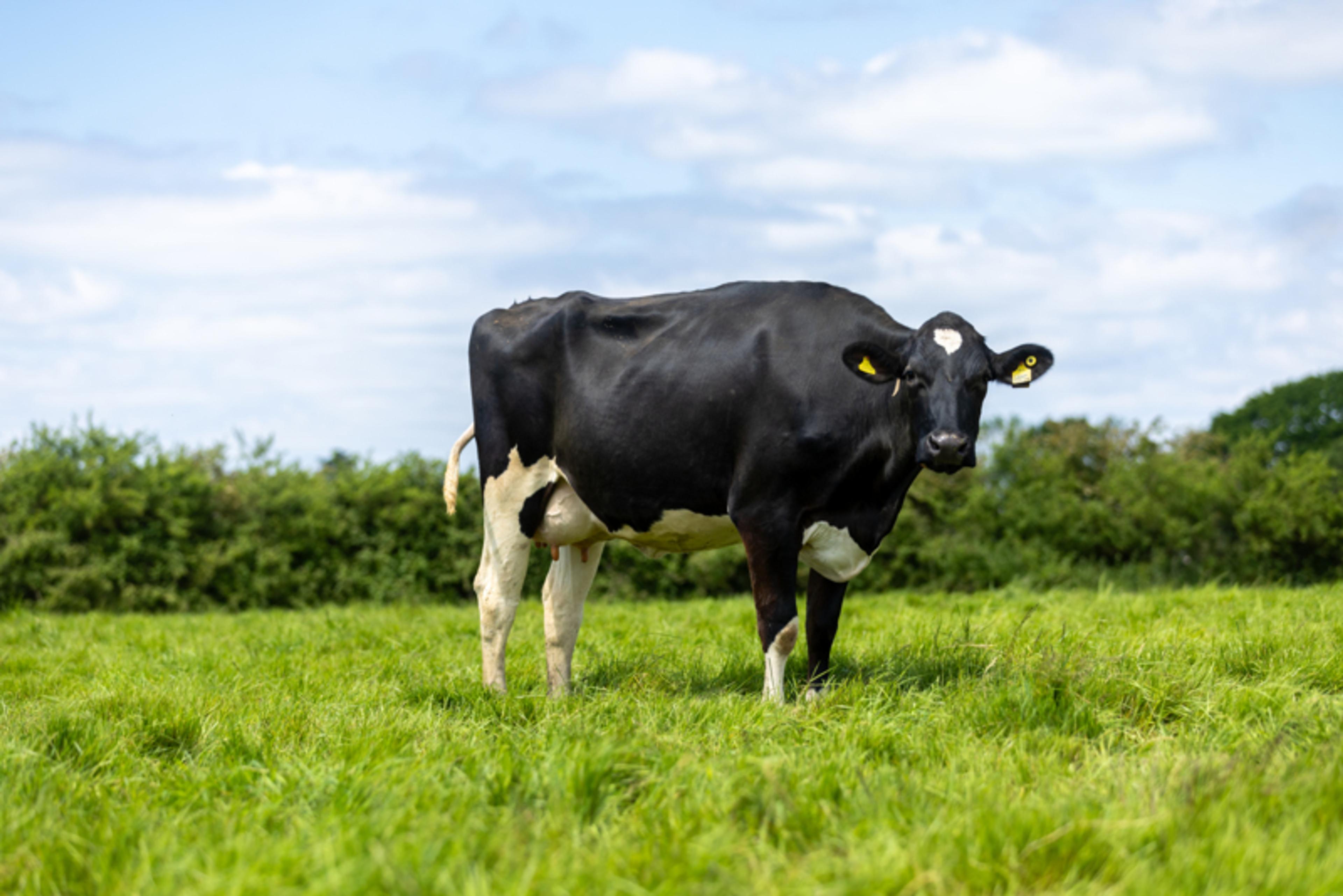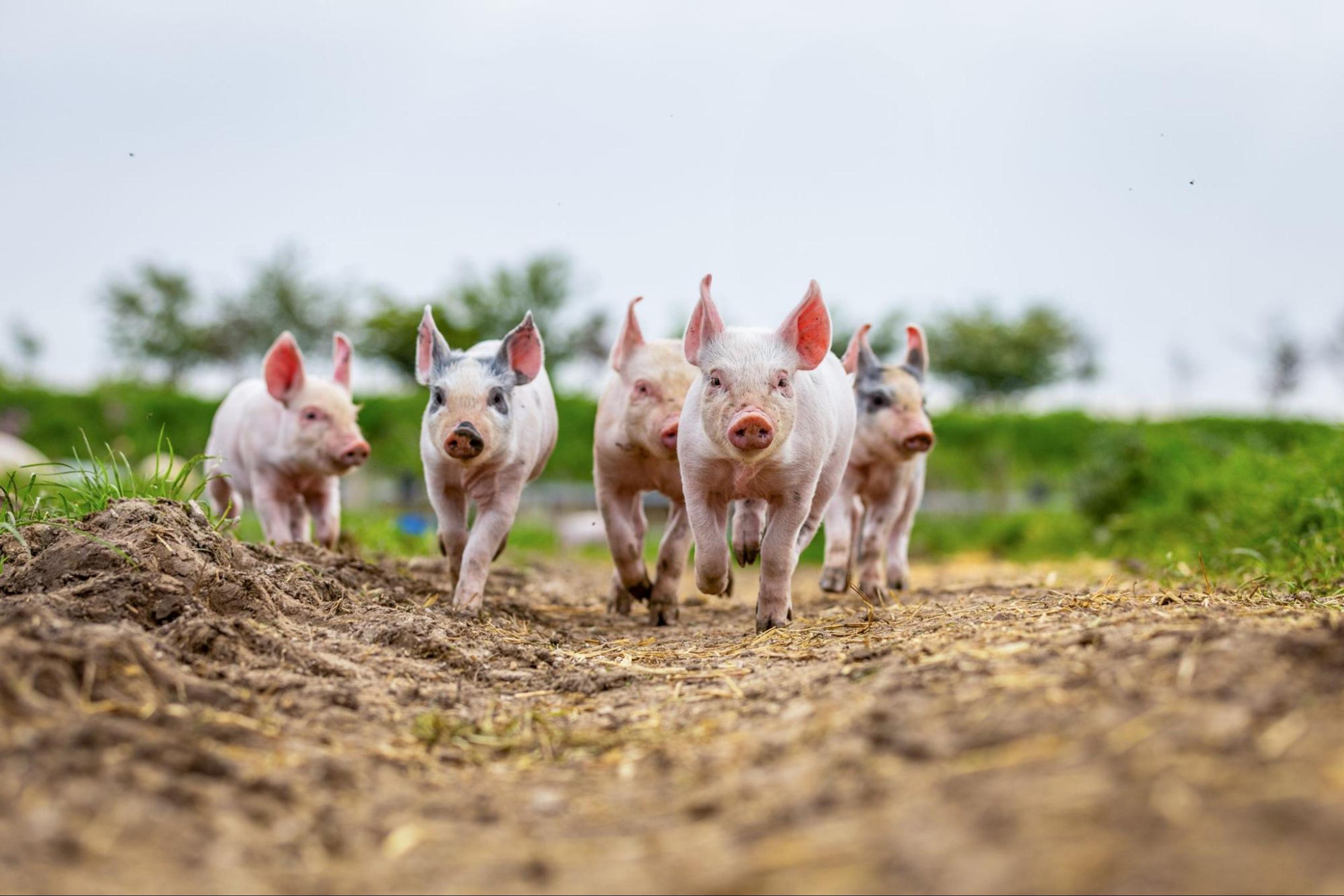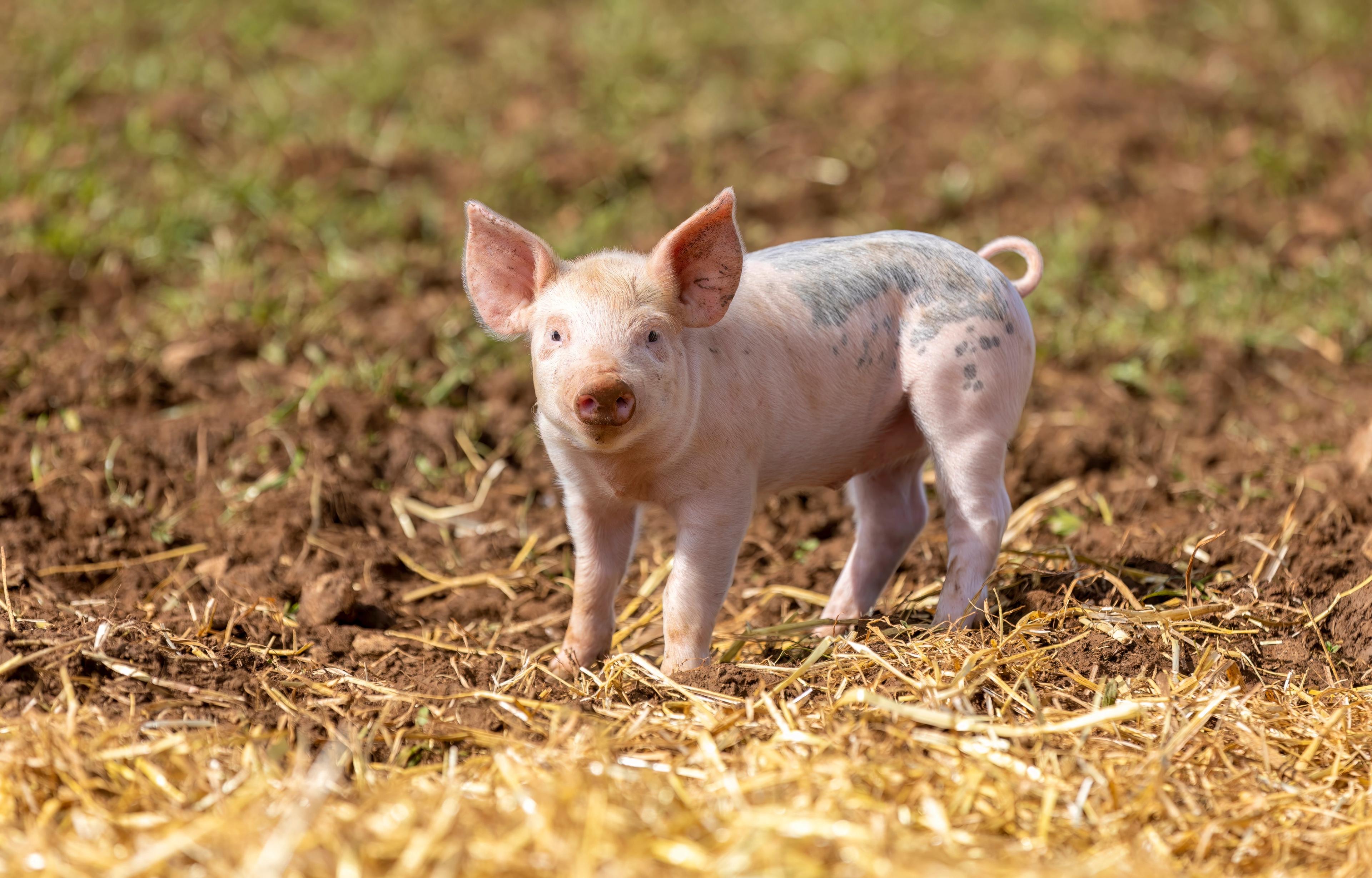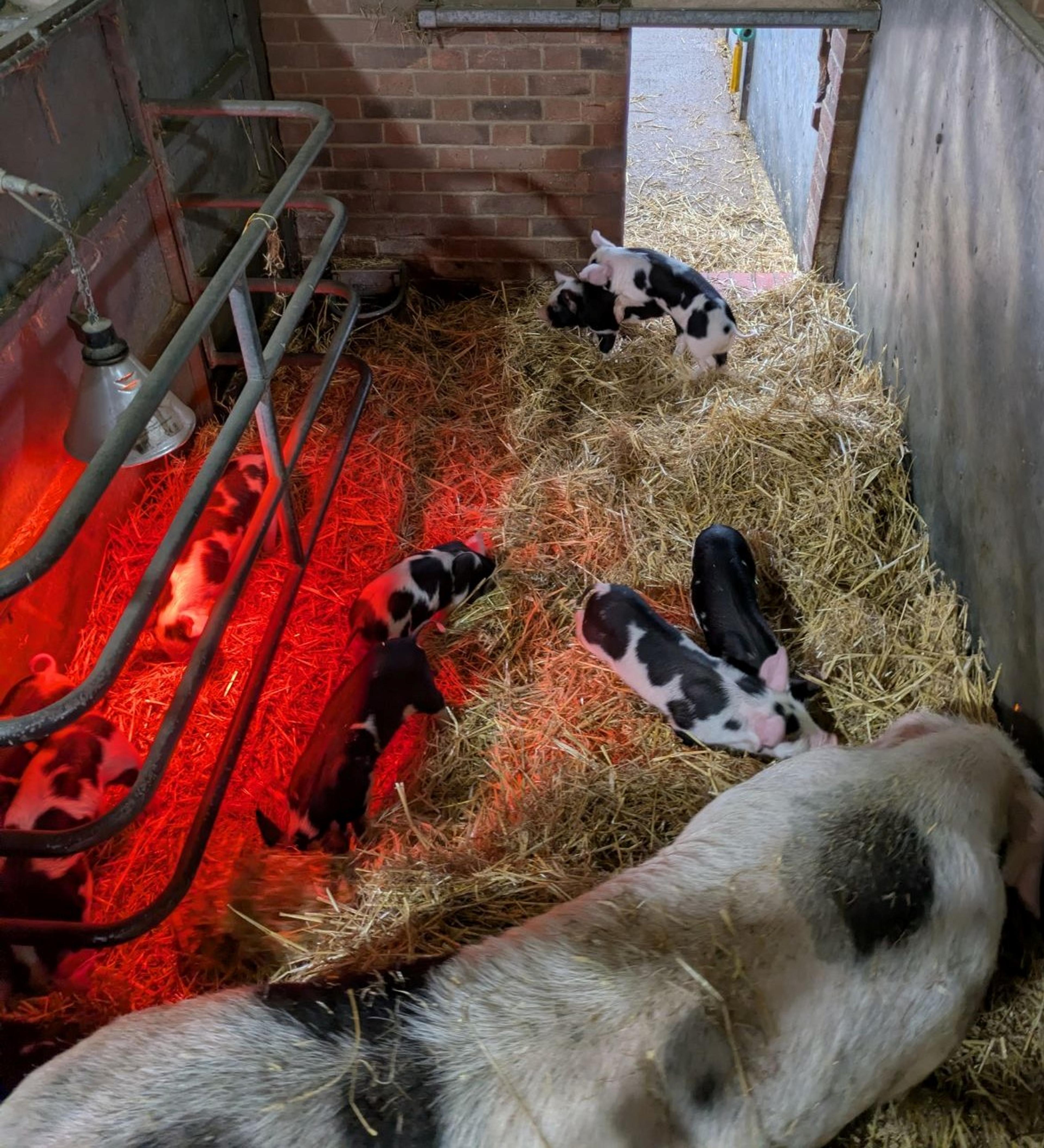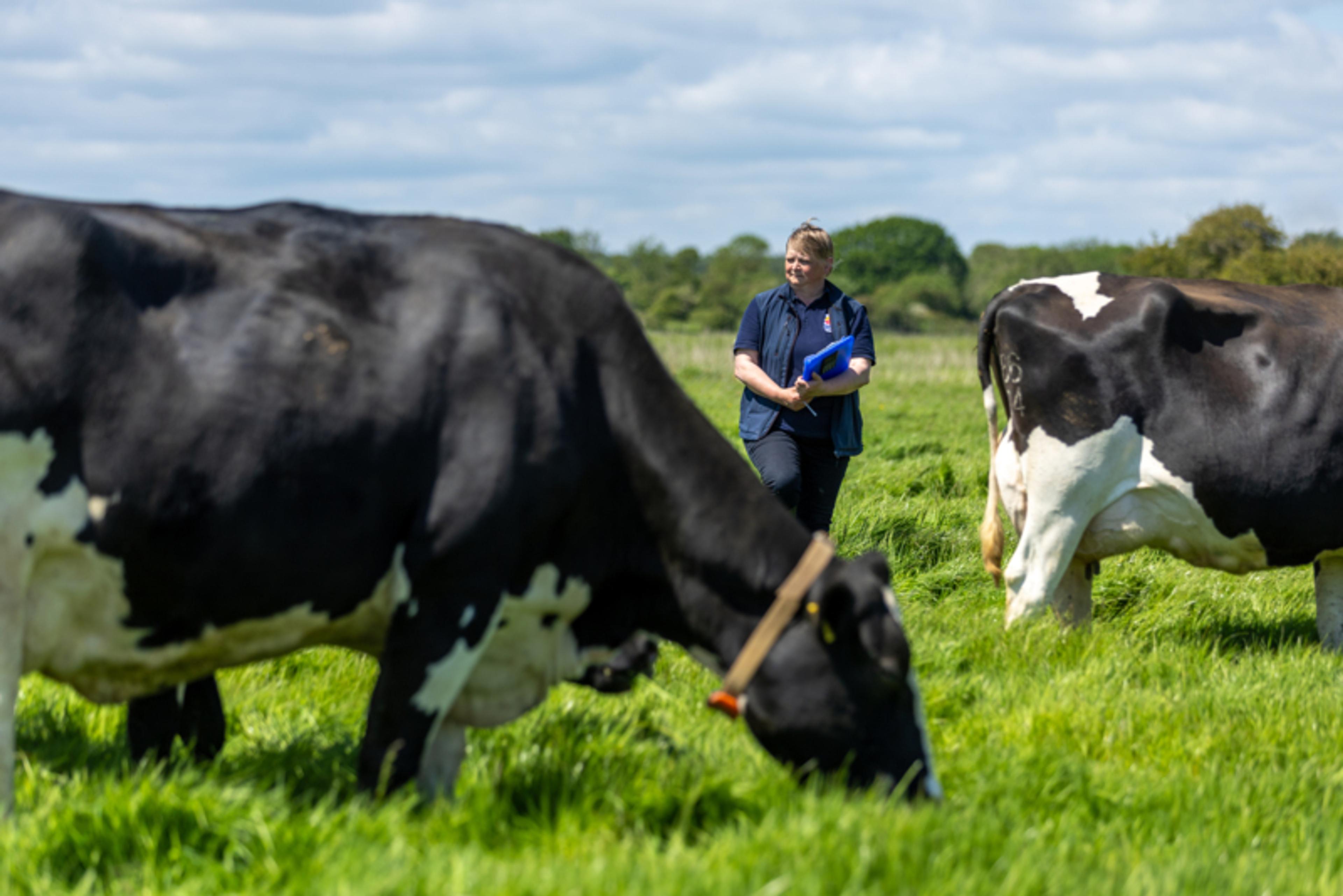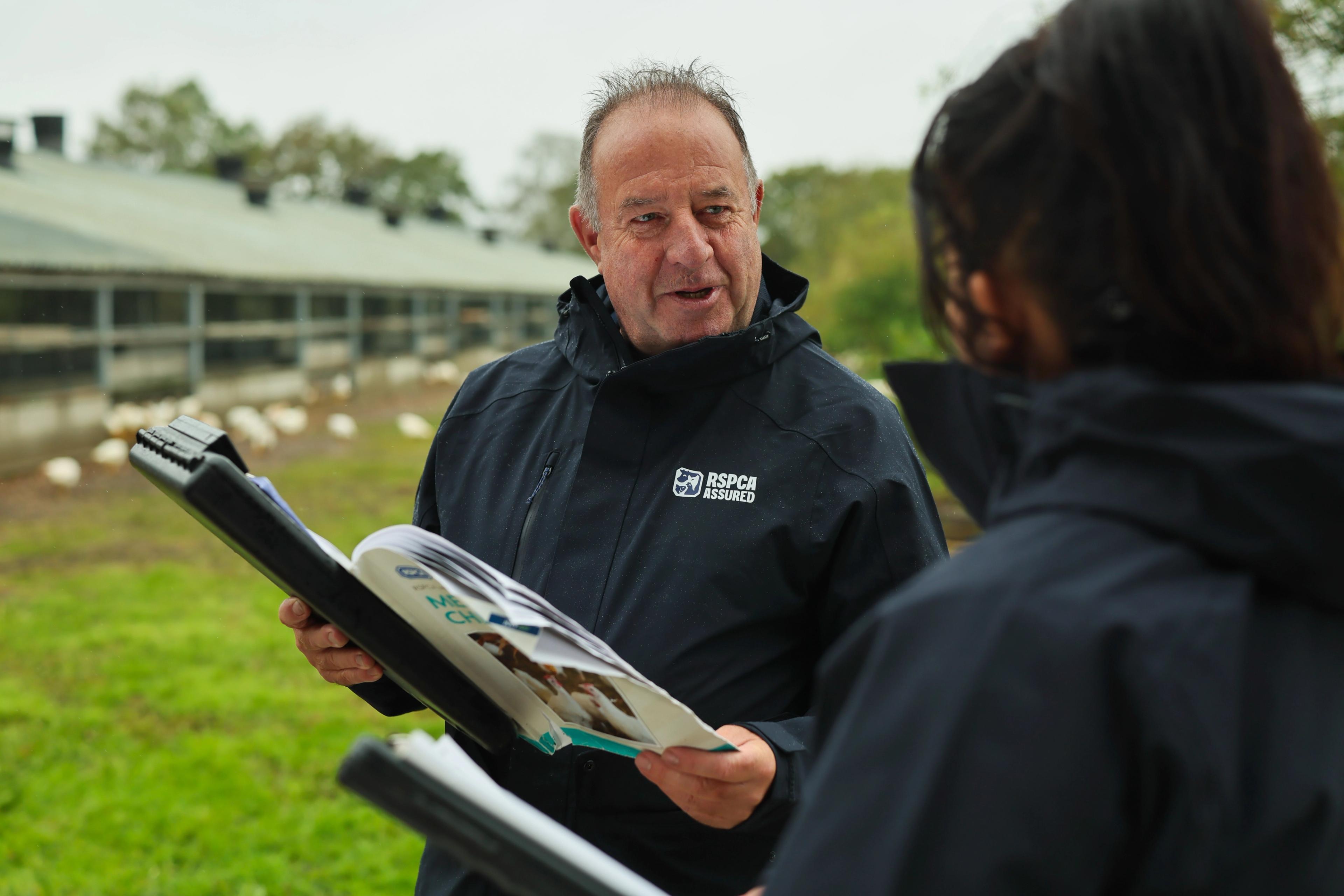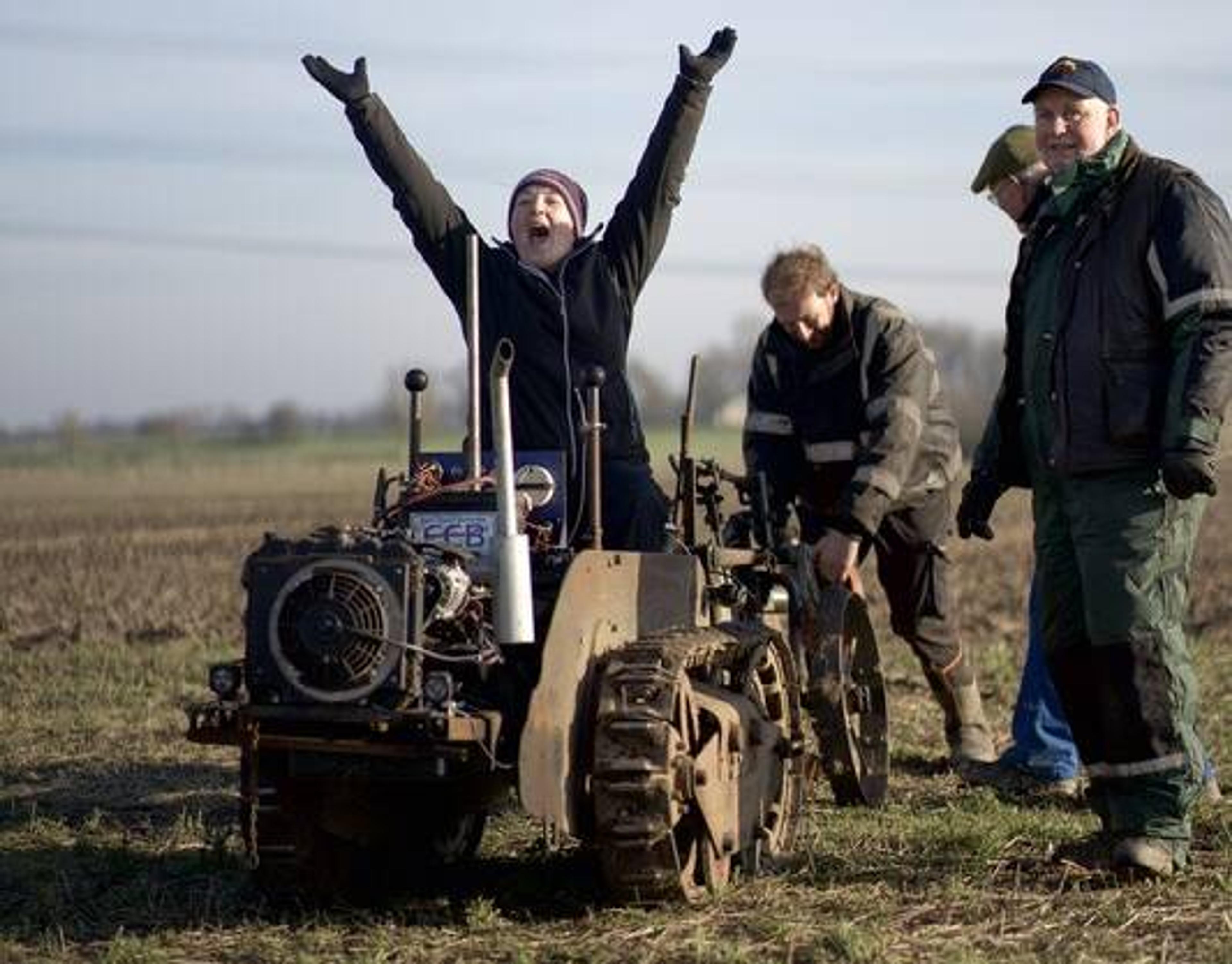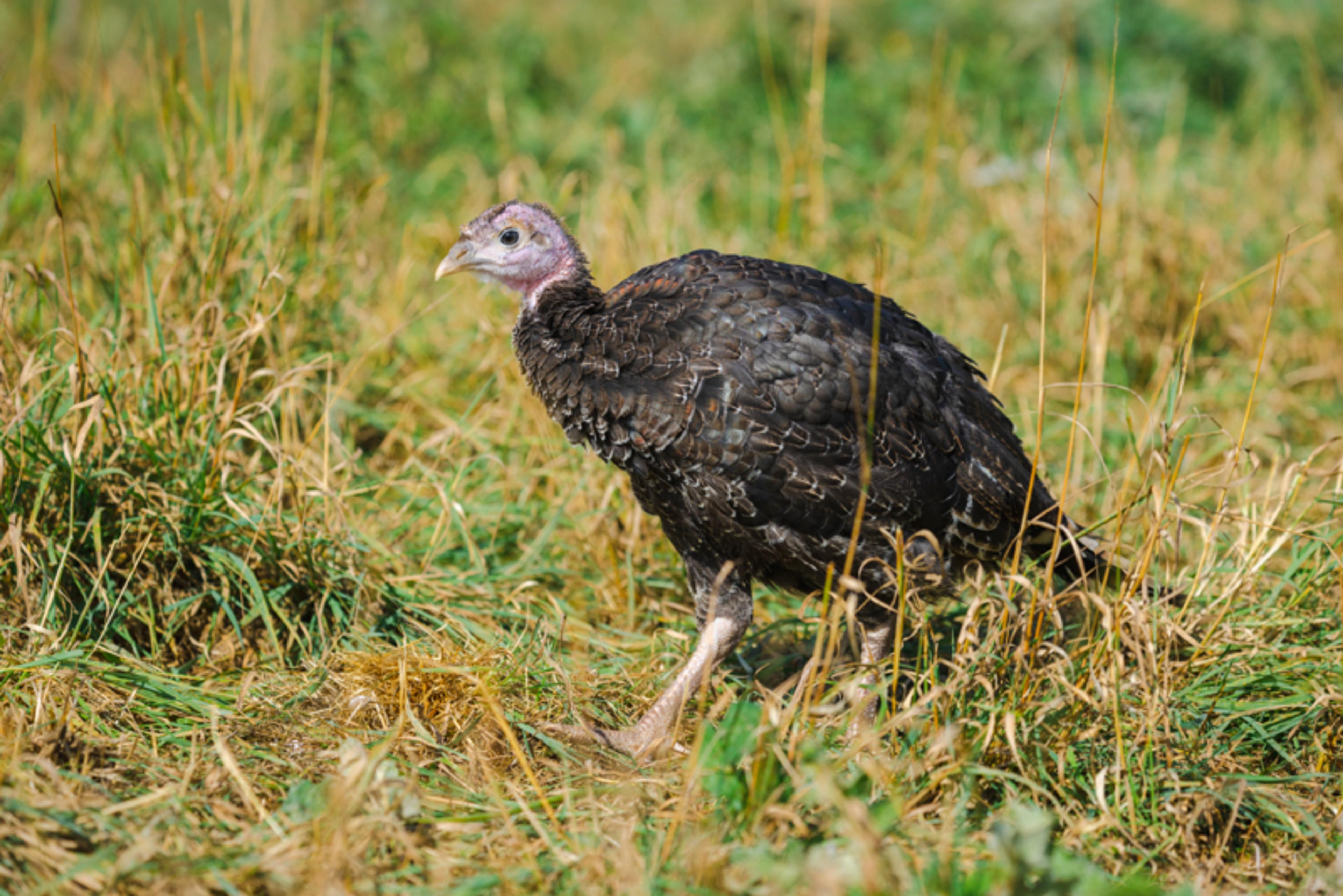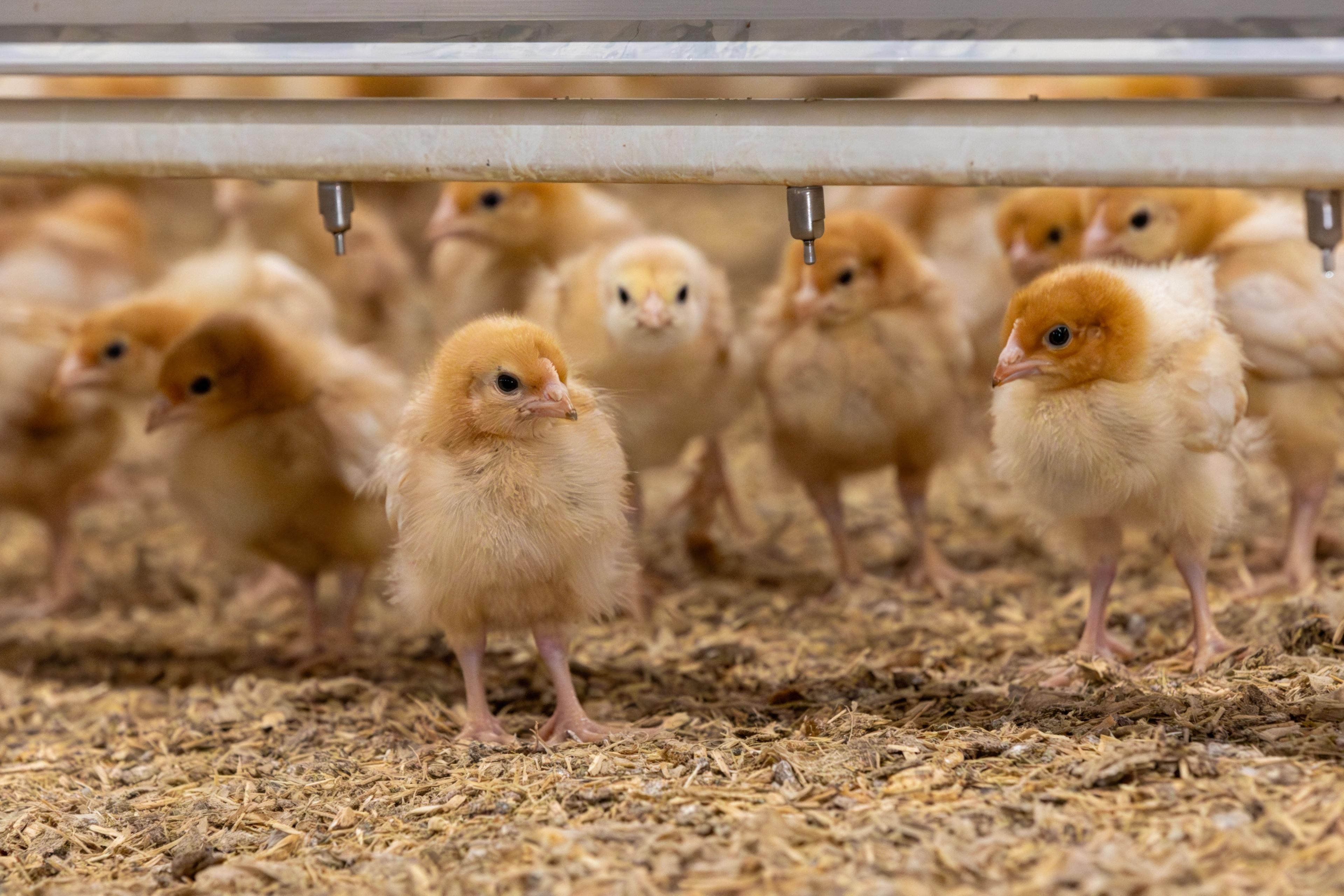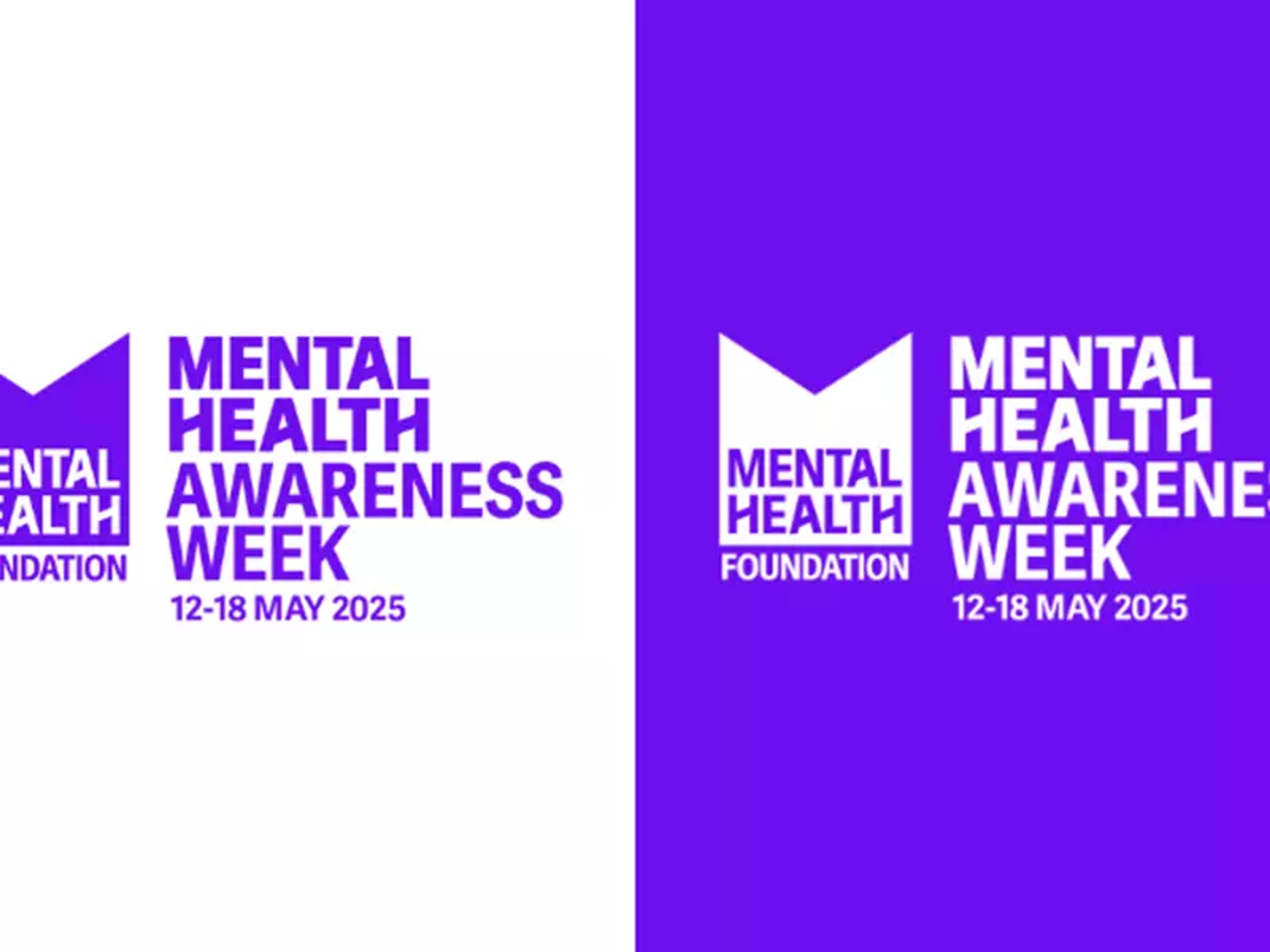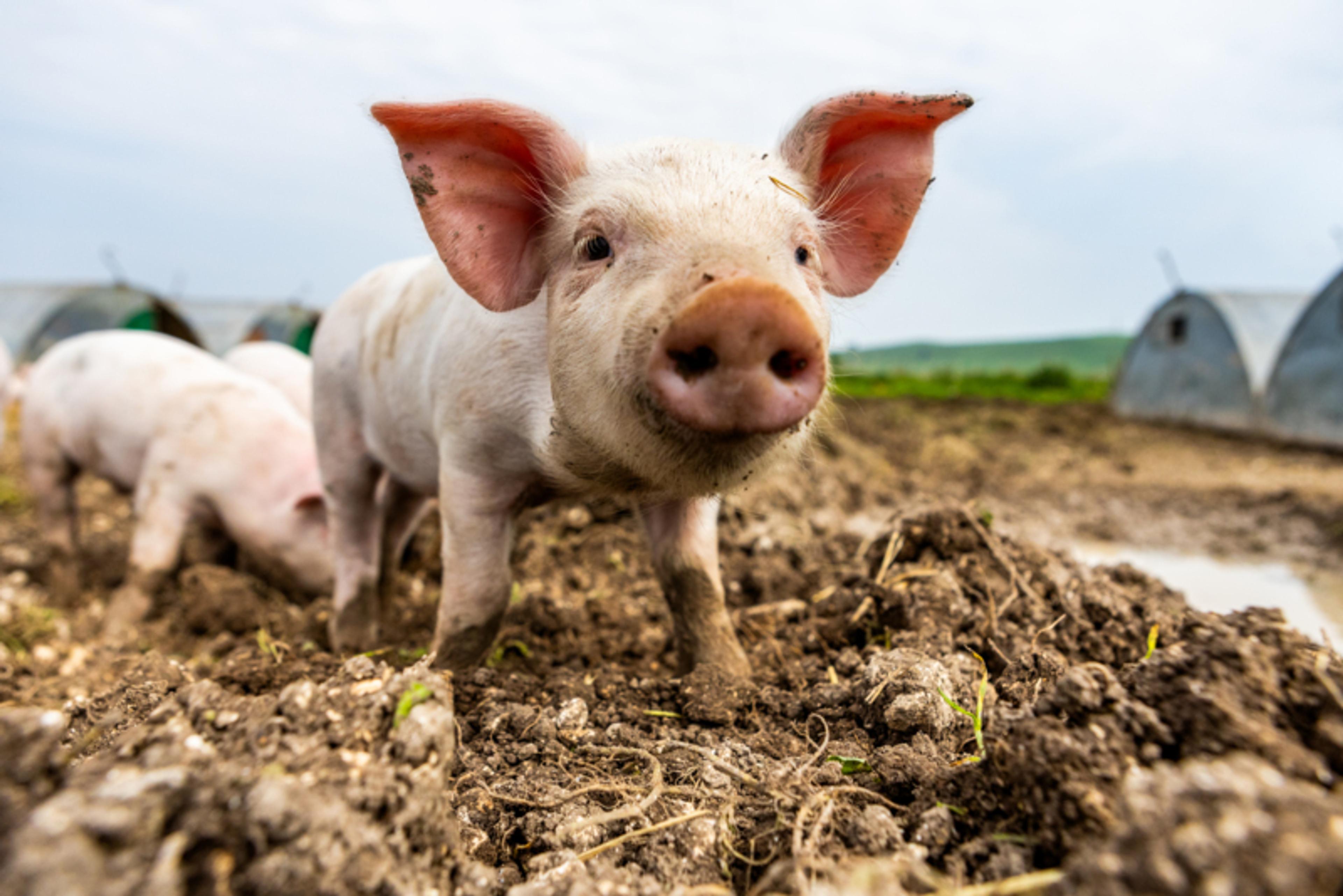Industry news and updates
Featured articles
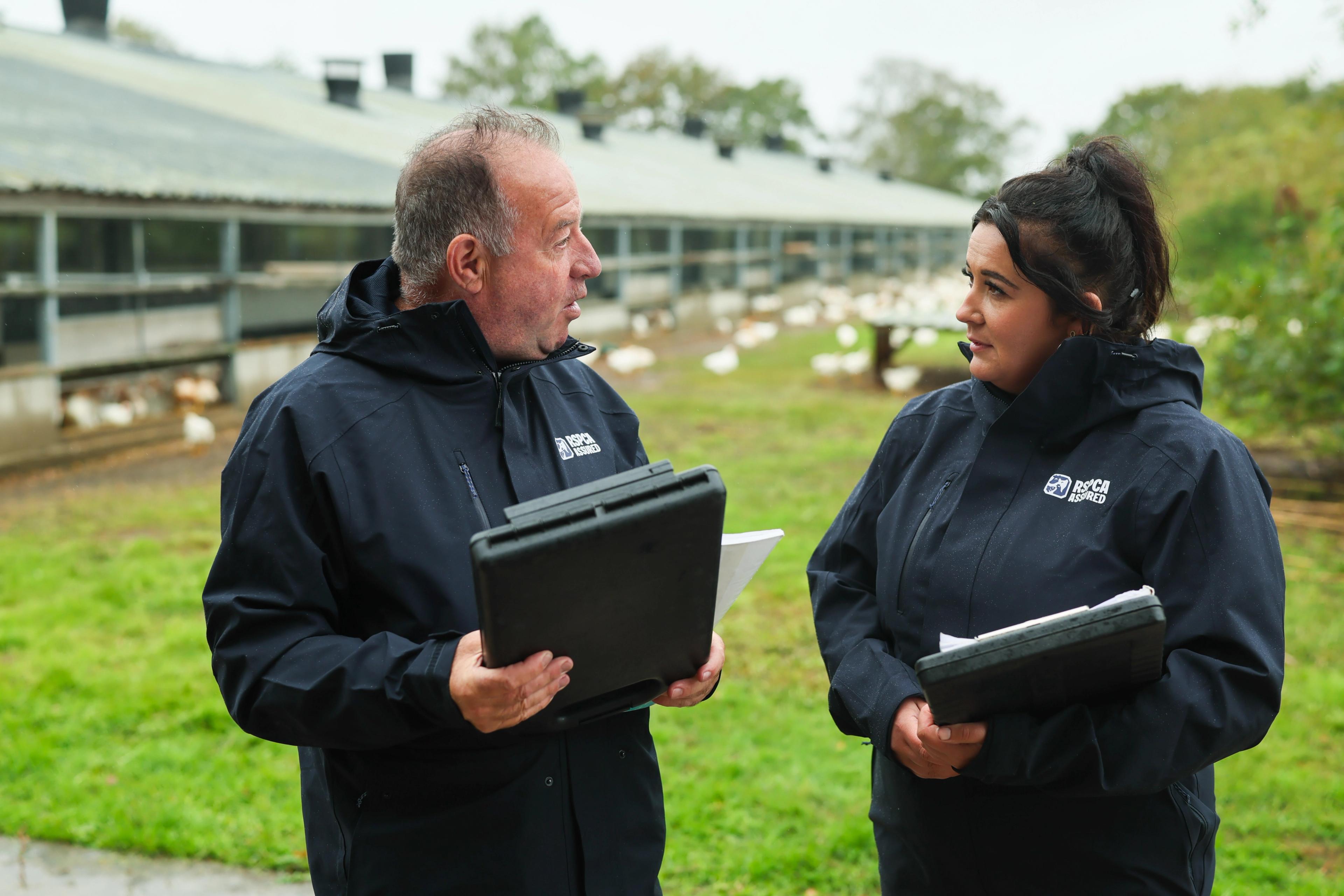
Your RSPCA Assured assessment: what to expect
We know assessments can sometimes feel daunting, but please be reassured: the process is designed to support you, celebrate the good work you’re already doing, and make sure animals are always cared for to higher welfare standards.
Here’s what happens before, during and after our visit, so you know exactly what to expect.
Before your assessment
A little preparation goes a long way to making things run smoothly. Please check that:
You’ve read the relevant RSPCA welfare standards and feel confident you’re meeting them
Someone suitable is available to accompany the assessor on the day
The following documents to hand: DEFRA advisory booklets, veterinary health plans, veterinary medicine and treatment records, farm policies, training records and production records.
This helps us complete your assessment quickly and with minimum disruption to your day.
On the day: during your assessment
When your assessor arrives, they will:
Introduce themselves, show their ID and sign the visitors’ book
Follow biosecurity measures to protect your animals
Explain the assessment process, which standards are being checked and what happens next
Confirm who’ll accompany them on the visit and reassure you that your assessment report is confidential.
On the day: during the assessment
Your assessor will:
Look at your animals and check they’re in good condition
Review records and paperwork
Chat with stockpeople where needed.
After your assessment
Once the visit is finished, your assessor will take some time to write up their report.
They’ll then:
Share and explain their findings with you
Ask you to sign the report
Talk you through what happens next.
You’ll be given a copy of the report. If there are any areas that don’t yet meet the standards (non-compliances), the report will explain what evidence you need to provide to show that the changes have been made.
This could be something simple, like a photo, invoice or vet’s note.
Evidence must be submitted within 28 days (or 90 days for new members)
Please email it to help@rspcaassured.org.uk
Assessors can’t advise on how to correct non-compliances, but other members of the team are always here to help point you in the right direction.
Our independent certification body will then review the assessment report (and evidence, if relevant) and, if they’re happy you’re meeting the standards, they’ll then issue your certificate.
Certificates
New members: once everything is approved, you’ll receive your certificate of conformity and become an official RSPCA Assured member
Existing members: your assessment will renew your current certificate, which is valid for 12 months.
If you take a break from livestock production, your certificate may be marked as inactive until animals are back on site and a full assessment can take place.
Important to know
If serious welfare concerns or large numbers of non-compliances are found, certification may be suspended or withdrawn immediately – but this is rare, and we’ll always explain clearly if action needs to be taken
If you need to cancel your assessment, please give us at least seven days’ notice – otherwise a £199 cancellation fee may apply
Always make sure you’re using the most up-to-date version of the RSPCA welfare standards for farmed animals.
Above all, remember the assessment isn’t just about paperwork – it’s about recognising the care you give your animals every day.
We’re here to support you through the process and help you maintain the standards that shoppers trust and give animals a better life.
